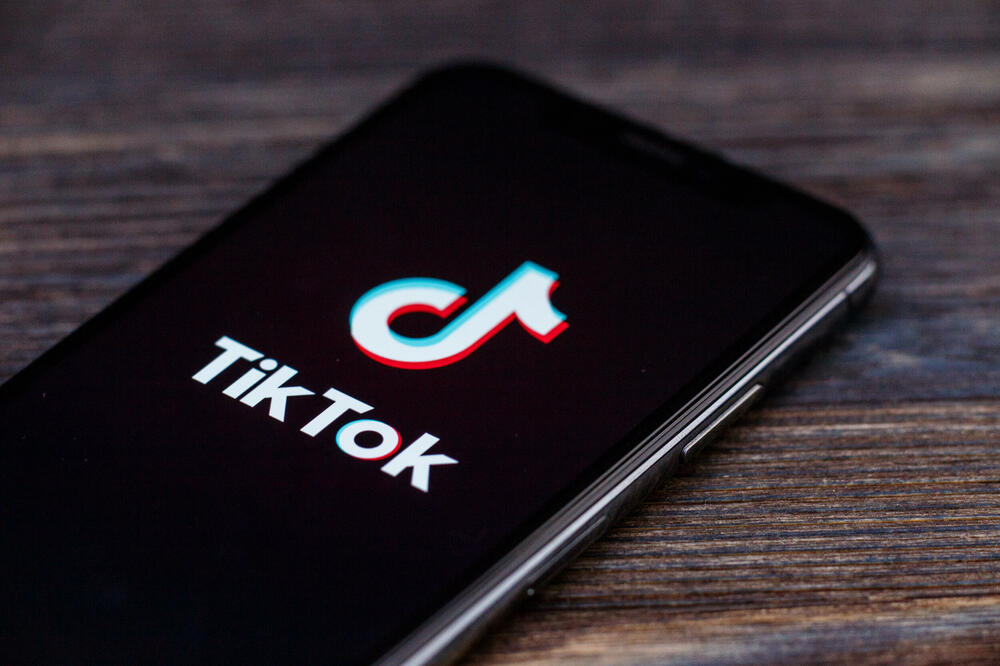No other app is as popular among children and young people around the world as TikTok – and rarely is it as controversial. The Chinese video platform has been in the spotlight again in recent days due to the decisions of the US Congress.
Why should TikTok be banned in the US?
President Joe Biden signed a bill that would require TikTok to be sold in the United States. Previously, the bill passed both houses of Congress.
According to the law, TikTok in the US should separate from its Chinese parent company Bytdance within 270 days, if necessary, the deadline could be extended by another 90 days.
Otherwise, TikTok would have to be removed from the app stores of Apple, Google and others. This would at least prevent new app downloads.
Bytdens announced that he would seek protection from an "unconstitutional injunction" in court and announced that he would not spin off and sell American TikTok.
The initiative against TikTok is justified by data protection. Bytdens is suspected of being forced to give authorities access to user data in China. In the US, that's about 170 million people.
Another alleged fear is that China could use propaganda and disinformation through algorithms. The company denies all the allegations.
Why is the EU investigating?
The European Union has also turned to TikTok again – albeit for very different reasons. It is being investigated whether the "rewards" function of the new TikTok Lite app threatens the mental health of young people and thus violates the rules of the European Union.
The new application has been around since April and is currently only available in France and Spain among the EU countries.
Big platforms such as Facebook, X, Instagram and TikTok have had to comply with the Digital Services Act since August last year. That law aims to prevent illegal or harmful online activity.
The so-called "dark patterns", i.e. manipulative practices to keep users on the platforms, are also prohibited.
The EU Commission criticizes TikTok for introducing a new version of the application in two EU member states without adequate confirmation that an assessment has been carried out in advance.
The concern had until April 18 to submit a report, but missed that deadline. He was then given a new deadline of 24 hours and, according to his own statements, submitted the required risk assessment for the new application this Tuesday.
This means that the platform has avoided a fine for now. Otherwise, the EU could impose fines of up to one percent of the total annual income.
The controversial "reward" feature of the new version of the application could also be blocked.
The EU already opened proceedings against TikTok in February. Among other things, it was about allegedly inadequate protection of minors.
Why is TikTok Lite considered particularly dangerous?
TikTok Lite includes a new scoring system that is not available in the traditional version. Anyone who views as many videos, likes content or invites friends on TikTok gets digital coins.
These coins can be exchanged for vouchers, for example for purchases on Amazon. The European Commission announced that this function is particularly addictive.
The application, which also contains many videos of dancing and singing, is especially popular with children and young people. According to the terms of use, users must be at least 13 years old.
For under 18s, parents or other legal guardians must give their consent. However, it is not clear whether age is checked effectively, the Commission explained.
Is TikTok more addictive than other networks?
The Chinese platform's algorithms work a little differently than those of older social networks – and can therefore be even more addictive.
Unlike previous platforms, TikTok from the start shows videos that other users find attractive, instead of primarily showing content from accounts that users are logged into.
Algorithms are extremely advanced. The more time users spend on TikTok, the more accurate the predictions about what they might like.
This is not without consequences. In March of last year, the Washington Post wrote that almost half of all teenage girls in the US said they were addicted to TikTok. According to researchers, girls spend an average of more than 2,5 hours a day on the app. Girls with depression are especially vulnerable.
Some young people even use the app literally all day. According to a survey by the American Pew Institute from September, about 17 percent of young people spend their time scrolling through the application almost constantly. No other application achieves that kind of "fidelity".
Bonus video:





